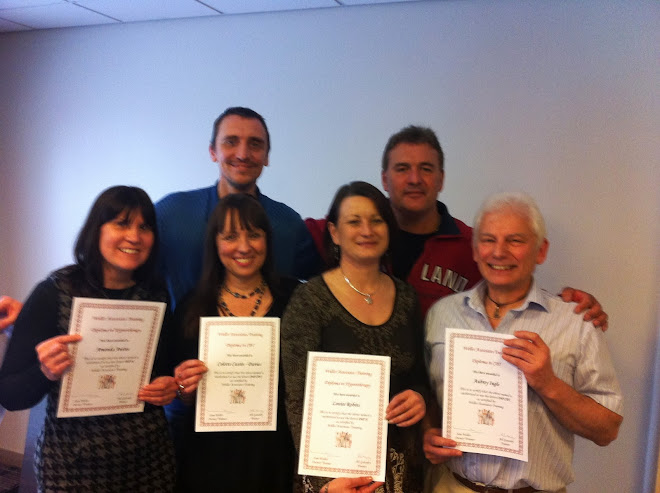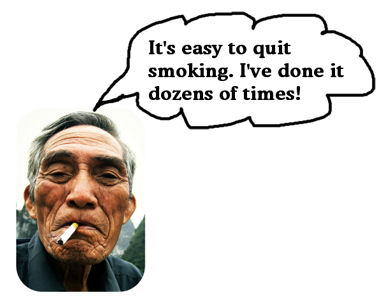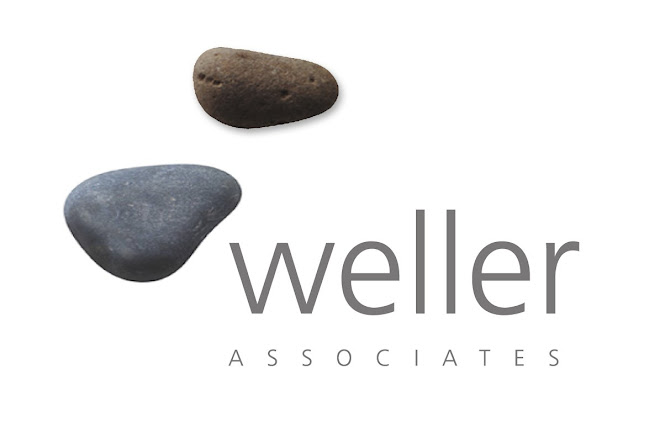The results of numerous trials both in Europe and the USA have suggested that hypnosis is the most effective way to stop smoking (New Scientist 31.10.92. page six).
The American Journal of Clinical Hypnotherapy (1968) published a report that showed that 94% of patients that were able stop smoking through hypnosis were still not smoking 18 months later. The International Journal of Clinical and Experimental Hypnosis (1970) cites a study with 88% reporting success after one year.
A recent study from the University of Iowa published in the Journal of Applied Psychology cites 48 studies of hypnosis covering 6000 smokers. The results clearly demonstrate the effectiveness of stop smoking with hypnosis
New Scientist vol 136 issue 1845 p6
To find the most effective method to stop smoking, Frank Schmidt and research student Chockalingham Viswesvaran from the University of Iowa conducted a meta-analysis, bringing together the results of more than 600 studies totalling nearly 72,000 people. The results, which were published in the Journal of Applied Psychology and included 48 studies of hypnosis covering 6000 smokers, clearly showed that hypnosis was three times more effective than Nicotine Replacement.
Hypnosis is the most effective way of giving up smoking, according to the largest ever scientific comparison of ways of breaking the habit. Willpower, it turns out, counts for very little". (New Scientist, Vol 136 issue 1845 31 Oct 92, page 6)
"..93% of Niotine patch users fail within a half year...(Freedom From Tobacco - Quit Smoking Now.htm)
1. NRT - Replacement nicotine delivered by the patch, gum, lozenge, spray or inhaler comes from the exact same tobacco plant as nicotine in cigarettes. Clinical efficacy and real-world effectiveness are two different standards. What those selling NRT fail to reveal is that in no real-world quitting methods survey to date (California, Minn., Quebec, London, Maryland, Australia) have those using NRT performed better than those quitting without it. A 2003 study combined and averaged the 7 OTC nicotine patch and gum studies. It found that only 7% were still not smoking at 6 months. It gets worse. A 1993 study (Tonnesen) found that 0% of second-time patch users succeeded in quitting for 6 months and a 1995 study (Gourlay) reported a 1.6% six-month quitting rate.
2. Zyban - Zyban (bupropion) is a dopamine uptake inhibitor in pill form. In all real-world use surveys to date it has yet to perform better than those quitting without it, at rates similar to NRT.
3. Chantix - 2006 studies boast a 1 in 5 one-year quit smoking rate but were inflated by 16 one-on-one counseling sessions and telephone support. Real-world use rates will be substantially lower.
Research by The New Scientist Magazine (1992) has shown hypnotherapy to be the safest and quickest way to quit smoking. People were six times more likely to quit with one session of hypnosis and remain non-smokers over 12 months after their session, compared to those who used Nicotine Replacement Therapy.
The advantage of hypnosis is that it removes the dependency and craving of quitting without risking the side effects of rashes and potential long term damage that has been associated with Zyban. Those using NRT are know to have to try to quit on average six times before succeeding, thereby investing heavily in substitute products and addictive chemicals, before developing a stronger will or abandoning any belief in quitting altogether.
Studies in America have shown that hypnosis is the most effective method of stopping smoking for good with an 85% success rate in just one session!
This contrasts with the low rates of 10% success for those using nicotine gum and 6% compared with willpower alone.
(Mathews, R (1992)
New Scientist, Vol. 136, No. 1845, p.6.)
To find the most effective method to stop smoking Frank Schmidt and research student Chockalingham Viswesvaran from the university of Iowa used a meta-analysis, utilising the results of more than 600 studies totalling nearly 72,000 people.
The results, which were published in the Journal of Applied Psychology and included 48 studies of hypnosis covering 6000 smokers, clearly showed that hypnosis, to use the same terminology as the quit counsellor, was three times more effective than NRT.
Subscribe to:
Post Comments (Atom)











No comments:
Post a Comment